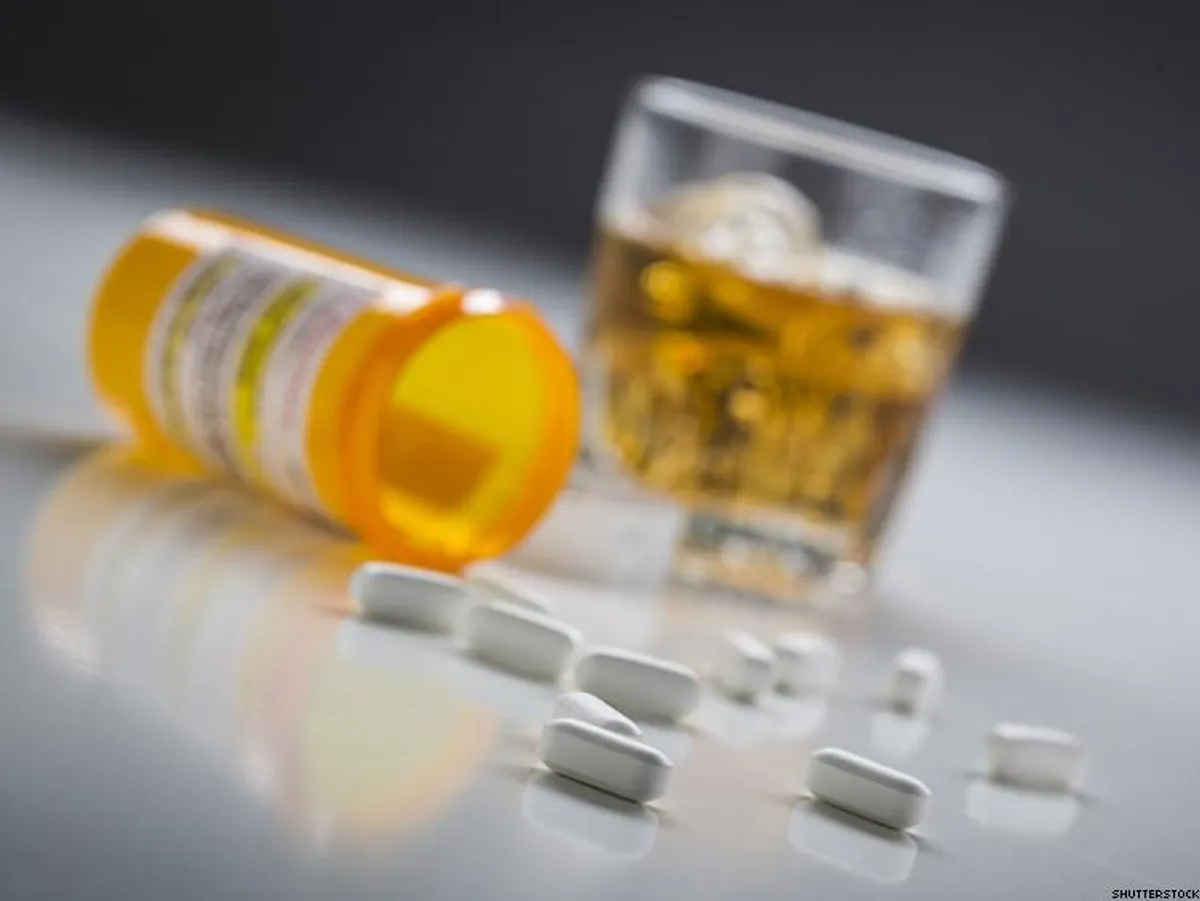Medications
Mixing Alcohol With Your HIV Meds: What You Need to Know

While it's known that mixing alcohol and drugs isn't toxic, does it have serious side effects?
May 02 2017 7:00 AM EST
July 29 2021 10:22 PM EST
By continuing to use our site, you agree to our Private Policy and Terms of Use.

While it's known that mixing alcohol and drugs isn't toxic, does it have serious side effects?
For people living with chronic health concerns, it’s routine to think twice before ordering another drink. And though there is hardly any evidence suggesting an HIV-positive person can’t have drinks while on antiretrovirals, one can’t help but wonder: Is it worth it?
While it’s known that mixing alcohol with antiretrovirals isn’t toxic, one study in the Journal of General Internal Medicine showed that nearly half of all HIV-positive people have reported skipping or stopping their meds while drinking, which ultimately had an effect on their T-cell count and viral suppression.
Even moderate alcohol consumption can be risky. In fact, according to another study published in Drug an Alcohol Dependence, moderate alcohol consumption may be more harmful to people with HIV — so much so that the United Kingdom is currently recommending minimizing the level of alcohol consumption for people living with HIV, AIDS Map reports.
You see, when you drink alcohol, you unconsciously weaken your immune system so that it doesn’t fight HIV as well. As a result, there is an increased chance you might experience more side effects.
Additionally, alcohol has a major effect on the liver. For HIV-positive people who also living have hepatitis B or C, even small amounts of alcohol can speed up liver damage. It can also increase one’s cholesterol levels, which is already at high risk of increasing while on HIV meds.
Even more than the physical effects, it’s crucial to know that alcohol can bring about mental lapses of judgment, which might result in having condomless sex or forgetting to take your meds. As stated in the first study, drinking too much makes it harder for you to take drugs in the right way and at the right time — sometimes in ways we don’t even realize.
For example, vomiting within an hour of taking antiretrovirals might create a lapse between doses, which might halt the progress of your meds. Of course, when you drink too much you’re likely to vomit, so it’s always best to not go overboard within a few hours of taking your meds.
Studies also show that a person with HIV who drinks the same amount of alcohol as someone who is HIV-negative, is likely to have higher blood alcohol levels. As a result, it might also change how prescription drugs work in the body, possibly making them less effective.
Want more breaking equality news & trending entertainment stories?
Check out our NEW 24/7 streaming service: the Advocate Channel!
Download the Advocate Channel App for your mobile phone and your favorite streaming device!